Health awards fully funded PhD fellowships to 11 researchers
Twice a year, the faculty awards fully funded PhD fellowships to talented researchers with promising careers ahead of them. The first pool of the year has now been distributed, and eleven researchers can look forward to being enrolled as PhD students at the graduate school at Health.
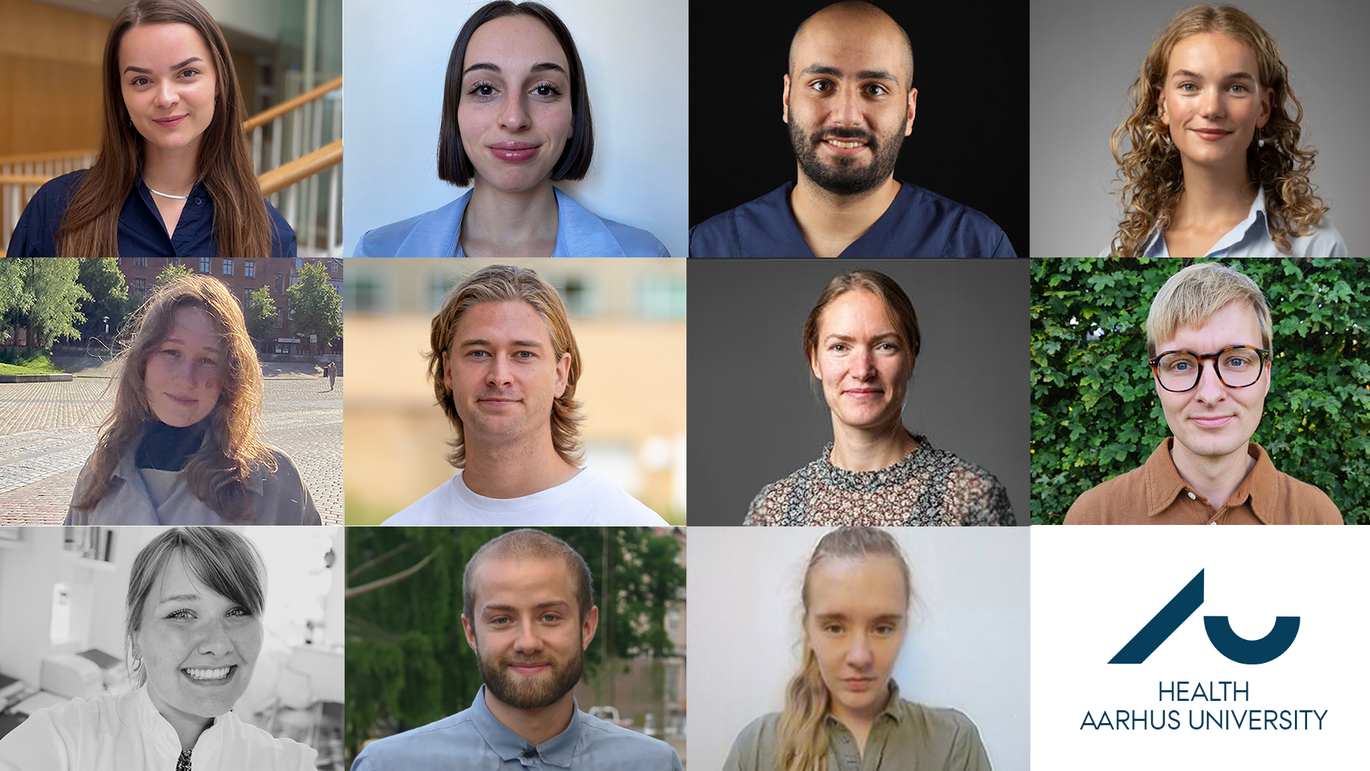
Updated Friday, July 5th at 12:25 PM
Following the publication of this article, the editorial team has been made aware of an error. Mathilde Diekema has chosen to decline the fully funded scholarship, as she has been granted a DDSA-fellowship. Isabella Gringer Rousing from the Department of Public Health will receive a 4+4 scholarship for the project "Towards Improved Continuity of Care: Strengthening Organizational Health Literacy in Danish Primary Care," supervised by Professor Per Kallestrup.
Five of the new PhD students are affiliated with the Department of Biomedicine, four with the Department of Clinical Medicine, one the with Department of Dentistry and Oral Health, and the last PhD student is affiliated with the Department of Public Health.
Nine of the students have received fully funded fellowships from the Faculty of Health, while two have received fully integrated PhD research scholarships, also known as 4+4. And the topics vary widely – from groundbreaking treatments of Alzheimer's to long-term complications of Covid-19 infection.
About the Faculty's fully funded PhD fellowships
- The faculty awards fully funded PhD fellowships twice a year based on open calls for proposals. The exact number of PhD fellowships is determined prior to each round of funding.
- The PhD fellowships are awarded based on a number of assessment criteria and the Stipend Committee's expert assessments of the applicants' qualifications, talent and project.
- The Stipend Committee is appointed by the dean and acts as an advisory body. The committee members represent the academic diversity at Health.
- A fully funded PhD fellowship covers three years' salary and expenses related to carrying out studies.
The next round of funding will take place at the end of the autumn semester.
The new PhD students are:

Mathilde Diekema, Department of Clinical Medicine
Title: Enhancing Circulating Tumor DNA Detection in Whole Genome Sequencing Data through Deep Generative Modelling.
Principal supervisor: Professor Jakob Skou Pedersen.
About the PhD project: The project aims to make it easier to detect circulating tumour DNA (ctDNA) in the blood, which can help with early cancer detection and monitoring. Using generative models and a technique called DREAMS, Mathilde Diekema will distinguish between ‘noise’ and actual cancer signals in data from patients. The goal is to develop a precise method for identifying small amounts of ctDNA and thereby improve early diagnosis of cancer.

Sara Derosa, Department of Clinical Medicine
Title: Neuronal specific induction of p75NTR ectodomain shedding as a novel approach to neutralize adverse effects of amyloid-beta peptide in Alzheimer’s Disease.
Principal supervisor: Associate Professor Heidi Kaastrup Müller.
About the PhD project: Sara Derosa studies Alzheimer's disease and focuses on the p75 neurotrophin receptor (p75NTR), which contributes to damaging the brain and its functions. The project aims to understand how the NSG1 protein affects p75NTR cleavage, and whether p75NTR cleavage could be a potential treatment for Alzheimer's.
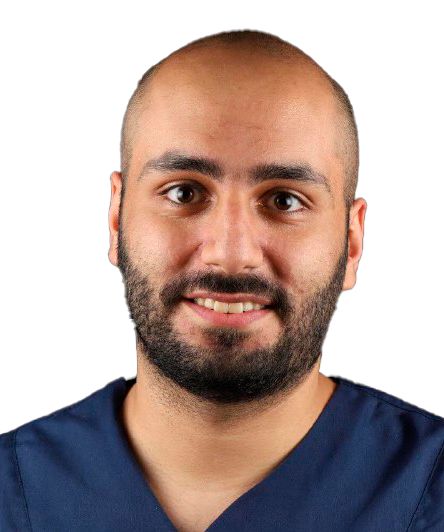
Hossein Mohammad Rahimi Khansari, Department of Dentistry and Oral Health
Title: Leveraging Deep Learning to Improve Cone Beam CT Image Quality, Reduce Patient Radiation Exposure and Enhance Diagnostic Capabilities.
Principal supervisor: Associate Professor Ruben Pauwels.
About the PhD project: The PhD project aims to improve the quality of cone-beam computed tomography (CBCT images) used in dental practice. As part of the project, Hossein Khansari will create a deep-learning model to improve resolution, contrast and noise reduction in CBCT images, and he will validate the model's ability to detect vertical root fractures in extracted teeth. The aim is to improve CBCT imaging, increase diagnostic accuracy and reduce radiation exposure.
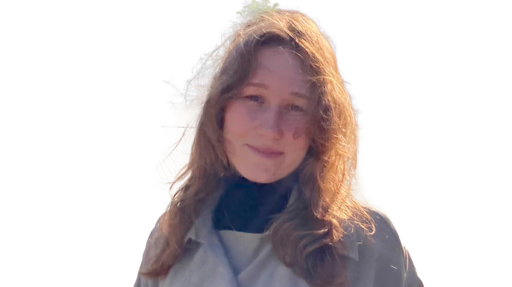
Franziska Winzig, Department of Biomedicine
Title: Gene correction of autophagy variants identified in patients with viral CNS infection and inflammation.
Principal supervisor: Professor Trine Mogensen.
About the PhD project: The objective of the project is to demonstrate that autophagy is an innovative protective mechanism for antiviral defences in the brain. Through whole genome sequencing, Franziska Winzig aims to uncover new genetic causes of congenital immunodeficiencies in patients. She will use a brain cell model derived from stem cells, simulating the defective environment.
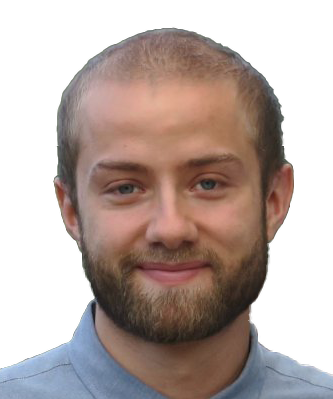
Frederik Cosedis Enevoldsen, Department of Clinical Medicine
Title: Linking Inflammation and Coronary Artery Disease in Patients with Rheumatoid Arthritis – Two Cardiac CT cohorts.
Principal supervisor: Deputy Head of Department for Research and Clinical Professor and Chair Ellen Margrethe Hauge.
About the PhD project: Frederik Cosedis Enevoldsen conducts research into the correlation between inflammation and coronary artery disease (CAD) in patients with rheumatoid arthritis. Patients with rheumatoid arthritis have an increased risk of heart disease, and the goal is to examine the correlation between the two diseases with outset in rheumatoid arthritis patients via two large cohorts.

Emilie Dam Rosenberg, Department of Biomedicine
Title: A framework to establish classes of pathogenic SORL1 variants allowing tailored personal medicine for Alzheimer's disease.
Principal supervisor: Associate Professor Olav M. Andersen.
About the PhD project: This PhD project concerns Alzheimer's disease, which is characterised by memory loss and cognitive impairment. Variations in the SORLA protein increase the risk of Alzheimer's, and based on experimental parameters, Emilie Dam Rosenberg will examine whether the mutation types in the SORLA protein can be separated. Combined with genetic data, this will help explain why the disease breaks out at different ages.
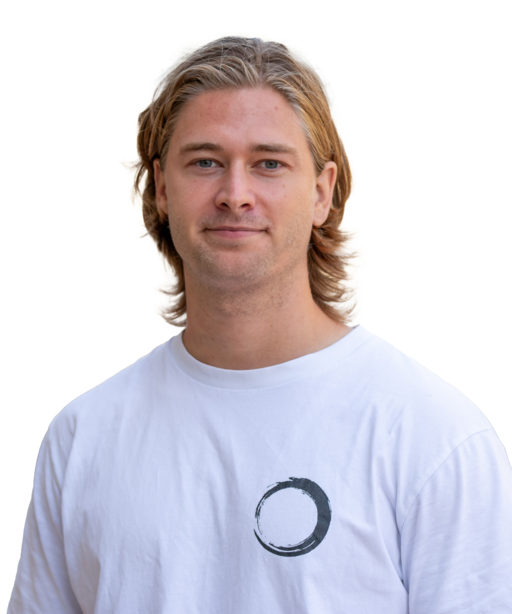
Kristoffer Torp Hansen, Department of Public Health
Title: Unveiling COVID-19: Are the sequelae comparable to those of other infections and does reinfection impose an additional risk to post-acute sequelae.
Principal supervisor: Associate Professor Bodil Hammer Bech.
About the PhD project: Kristoffer Torp Hansen conducts research into post-acute complications of COVID-19 and their impact on public health. Previous studies have compared COVID-19 complications with influenza complications, but have only included hospitalised persons and provided limited information about reinfection. The project compares symptoms after COVID-19 with other infections, including their impact on absence due to illness, and studies the effect of COVID-19 reinfection.

Jesper Frank Andersen, Department of Biomedicine
Title: Secretin is a potent vasodilator of the vas efferens: a novel, physiological regulator of GFR.
Principal supervisor: Professor Jens Georg Leipziger.
About the PhD project: This PhD project focuses on the flow of blood in the kidney and the kidney’s ability to filter blood, which are regulated by systemic and local signals. Misregulation can lead to several kidney and systemic diseases. Jesper Frank Andersen will study the hormone secretin as a possible regulatory mechanism and its clinical relevance in diabetic kidney disease and related heart complications.
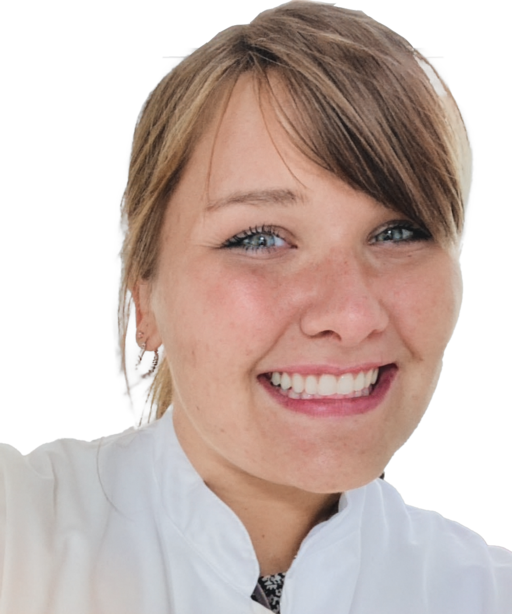
Zofija Frimand, Department of Biomedicine
Title: Towards treating fatty infiltration in skeletal muscle.
Principal supervisor: Associate Professor Antoine de Morree.
About the PhD project: Zofija Frimand conducts research into cardiometabolic diseases such as diabetes and obesity, which are characterised by fatty infiltration in skeletal muscle. The mechanisms behind fatty infiltration are largely unknown, mainly due to the lack of good animal models. The project aims to characterise fatty infiltration in human muscle and identify the underlying mechanisms using an animal model based on bears.
A student and a member of academic staff at the same time.
This is the reality for an increasing number of PhD students enrolled in the so-called 4+4 scheme. This entails that students start their PhD one year into their Master's degree programme and complete the last part of their Master’s during their PhD. The recipients of the fully integrated PhD scholarships, also known as the 4+4 scheme, are:

Elisabeth Solmunde, Department of Clinical Medicine
Title: Late breast cancer recurrence: risk factors and clinical course.
Principal supervisor: Professor Deirdre Cronin Fenton.
About the PhD project: In this PhD project Elisabeth Solmunde studies late breast cancer recurrence in the approximately 70,000 women living with breast cancer in Denmark. Approximately 75 per cent survive at least 10 years after their diagnosis, but the mechanisms and clinical course of late recurrence are still unclear. By using national registers, validated algorithms and advanced epidemiological methods, the project will, among other things, develop a model to predict the risk of recurrence.
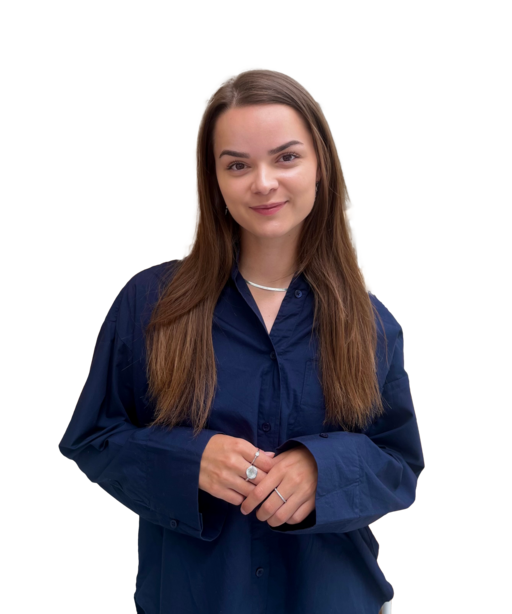
Sofie Krarup Thomsen, Department of Biomedicine
Title: Pentose Phosphate Pathway Implication on Prostate Cancer Progression.
Principal supervisor: Associate Professor Martin Kristian Thomsen.
About the PhD project: Sofie Krarup Thomsen conducts research into prostate cancer, which is the most common cancer in men. The disease often starts as a slow-growing cancer that does not require immediate treatment but can develop into an aggressive form of cancer. Understanding the transition from slow-growing to aggressive cancer is crucial, and Sofie Krarup Thomsen uses different techniques in the project to analyse molecular changes in tumour tissue in order to understand how metabolic interventions inhibit tumour growth.
A total of 13 students have been offered scholarships and fellowships this time around, but one recipient of a fully financed PhD fellowship and one recipient of a fully integrated PhD scholarship have declined.